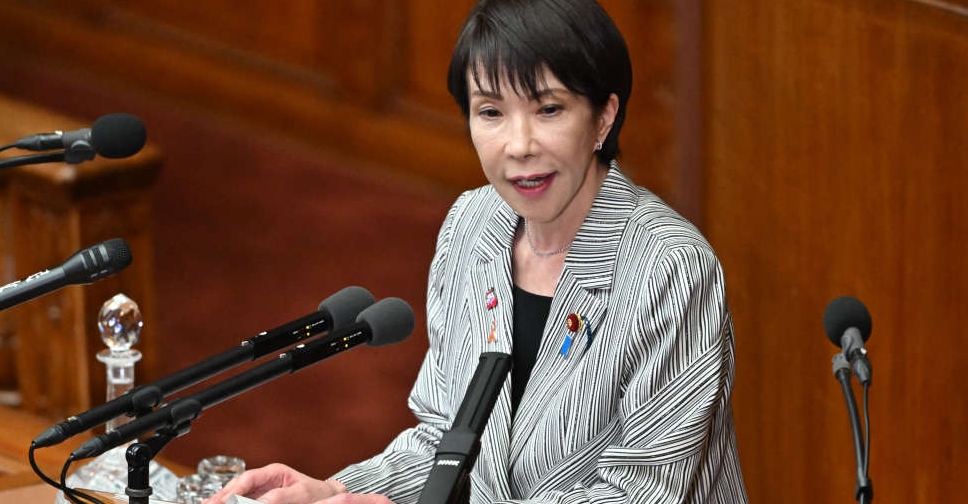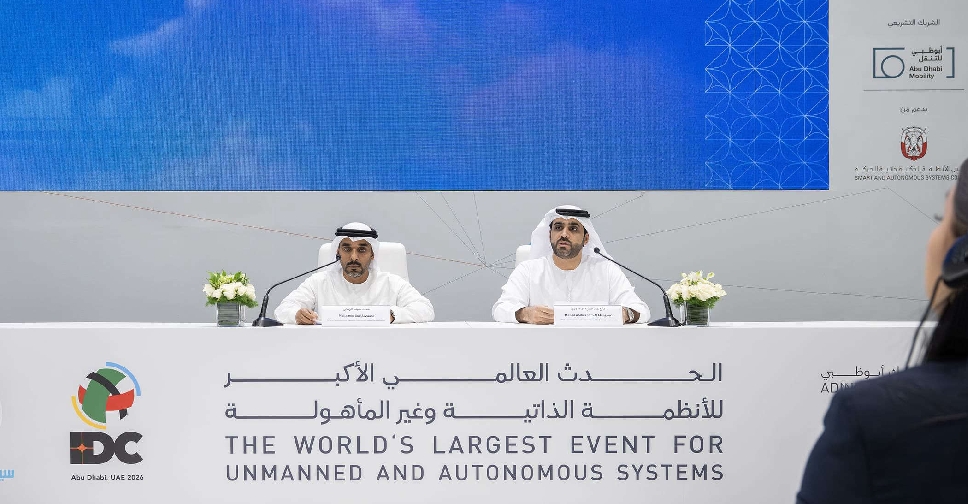
Japan's economic stimulus package is set to include tax cuts to spur investment focused around 17 key industries, including AI and semiconductors, and multi-year budget allocations to make policy more predictable, the Nikkei newspaper reported.
Prime Minister Sanae Takaichi is expected to outline the plan's framework when a panel under the government's new economic strategy headquarters - a policy command centre aimed at revitalising the country's industrial base - meets on Monday, the business paper said.
The upcoming stimulus package will be Takaichi's first major economic initiative since the advocate of big fiscal spending took office last month.
Sources told Reuters in October the package was likely to exceed last year's $92 billion package and will be built around three pillars, namely measures to counter inflation, investment in growth industries, and national security.
Her government has not yet detailed a funding plan for the initiative with which it hopes to boost growth in the world's fourth-largest economy.
It designated a total of 17 strategic sectors for focused investments, which also include shipbuilding, aerospace and defence.
Nikkei said the government was considering a new tax scheme that would allow companies to deduct a portion of capital investment - such as machinery and factory construction - from corporate taxes.
It added the plan marked a shift from previous policies that focused on small businesses, with the new framework expected to apply regardless of company size.
Government officials could not be reached for comment outside regular business hours.



 Sharjah Airport marks record year with passenger surge
Sharjah Airport marks record year with passenger surge
 Dubai Holding expands hospitality portfolio with acquisition in Mallorca
Dubai Holding expands hospitality portfolio with acquisition in Mallorca
 UMEX and SimTEX kick off with major UAE defence deals
UMEX and SimTEX kick off with major UAE defence deals
 ADNOC Gas signs $3 billion LNG deal with Hindustan Petroleum
ADNOC Gas signs $3 billion LNG deal with Hindustan Petroleum


